
The Internet of Us
Knowing More and Understanding Less in the Age of Big Data
Read or listen offline
Amazon KindleRecommendation
Philosophy professor Michael P. Lynch explores the nature of knowledge, wisdom and privacy. What would the world be like if – instead of having to check your smartphone for information – you could wire your brain directly to the Internet? Instead of having to download apps or search your inbox, answers would pop up the split second you think of a question. What a convenient life that would be – but would you be happy trading your private thoughts and feelings for this powerful knowing? Lynch takes you through this (and other) thought experiments concerning gaining knowledge via digital interface. He also draws on more than 2,000 years of philosophy to examine the impact of technology on knowledge production and dissemination. getAbstract recommends Lynch’s dense but compelling writing to knowledge workers, scholars, business leaders and anyone curious about “Google-knowledge.”
Summary
About the Author
Michael P. Lynch is a professor of philosophy and the director of the Humanities Institute at the University of Connecticut.







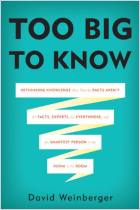
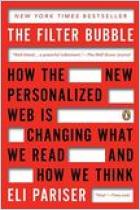
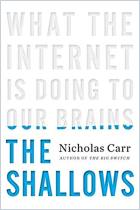
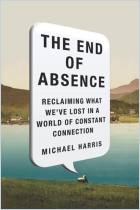
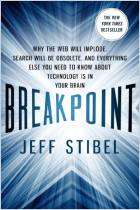
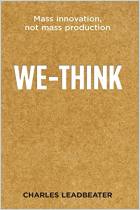


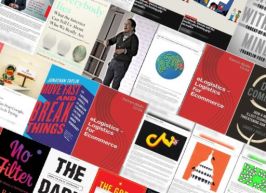
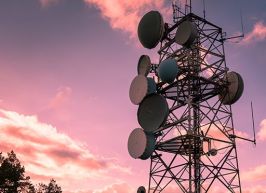


Comment on this summary or Начать обсуждение